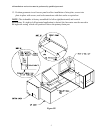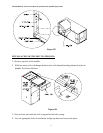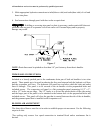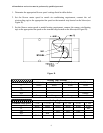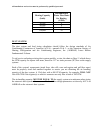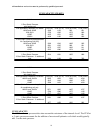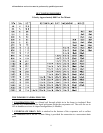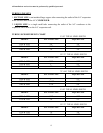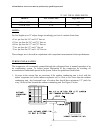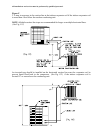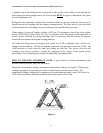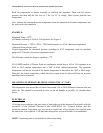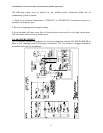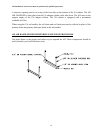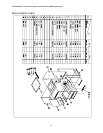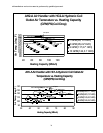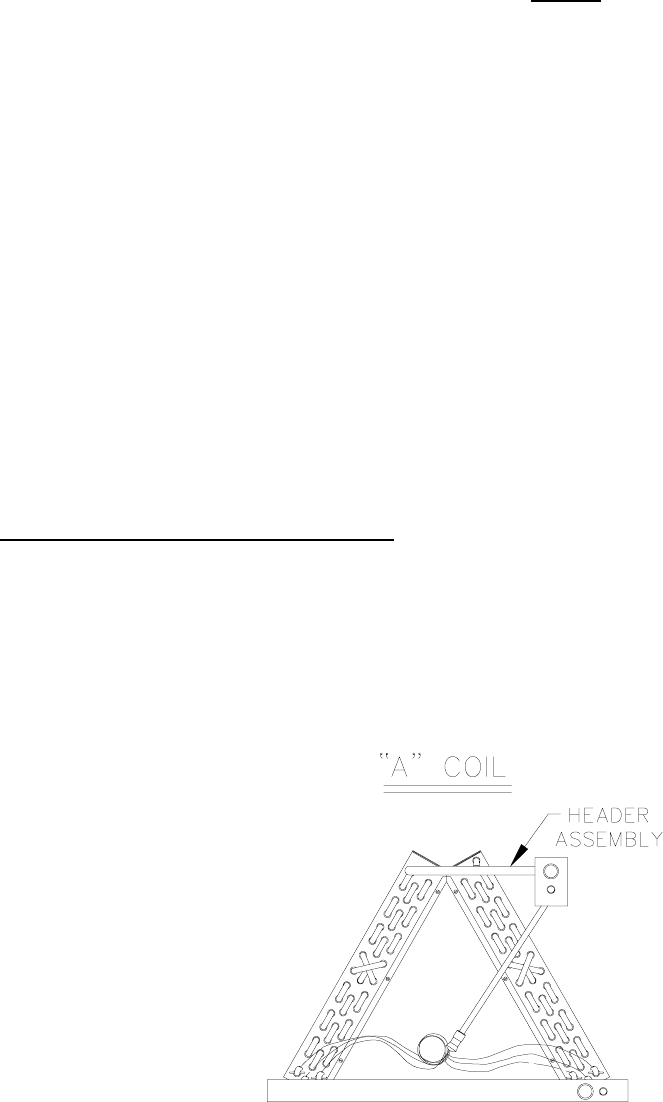
All installations and services must be performed by qualified personnel.
15
A gradual loop in the tubing can be constructed to take up the excess tubing if you find that too
much tubing has been brought onto a job. Such a loop MUST be kept in a horizontal (flat) plane
to avoid trapping the oil.
Refrigerant lines should be inserted into a suitable conduit or raceway when the lines are to be
buried between the building and the outdoor condensing unit. The lines must be provided with
sufficient protection and support to prevent damage when installed above ground.
When making "on the job" tubing, a solder of 95% tin, 5% antimony or any of the silver solders
such as SilFos, Phos-Copper, Easy-Flo 35 or 45, should be used. No attempt will be made here to
instruct proper soldering or brazing technique but it is necessary that the installer be properly
instructed in accordance with good existing practices.
All joints and fittings must be properly leak tested as per EPA guidelines after “on the job”
tubing has been made up. The line set and the evaporator coil must be evacuated to 29.96” Hg
(1000 microns) or lower when all joints and fittings are leak free. The service valves on the
condenser may then be opened to release the refrigerant to the system. Verify proper system
performance. See condensing unit manual for additional performance data.
HOW TO MEASURE SUPERHEAT (NOTE: A good electric resistance thermometer and
accurate suction pressure gauge are necessary).
Superheat is measured by taking a temperature and pressure reading. See Figure I. The pressure
reading is gauged at the pressure port which is located on the suction service valve. The
temperature reading is taken at the evaporator coil on the header assembly in the 2:00 o'clock or
10:00 o'clock position with header assembly tube as the center of the clock.
Figure I



